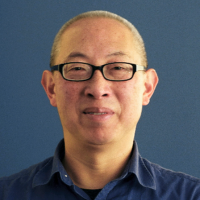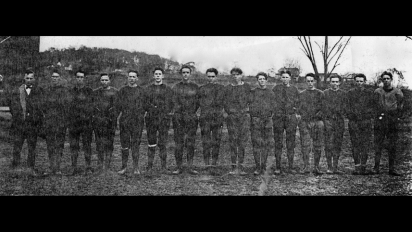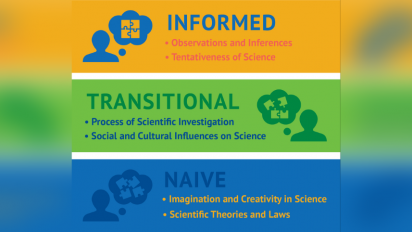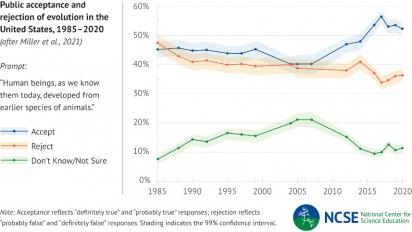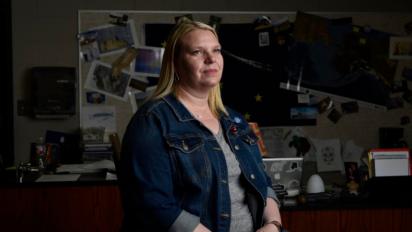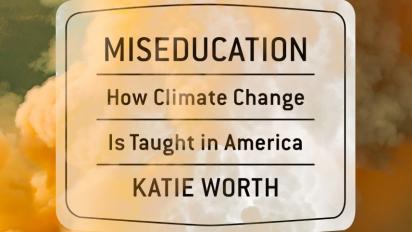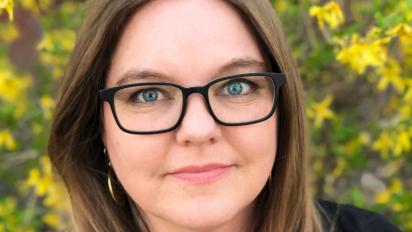Random Samples with Melissa Lau
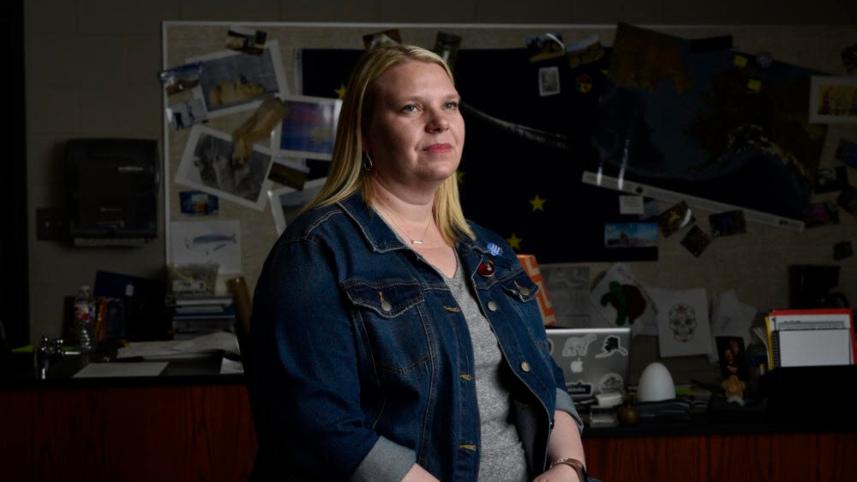
NCSE Teacher Ambassador Melissa Lau has taught 6th-grade science for over a decade and currently teaches high school chemistry in Piedmont, Oklahoma. In 2018, Lau was selected as a PolarTREC educator and spent 32 days on the North Slope of Alaska working with a team of researchers from Florida International University studying phenology and vegetation change in the warming Arctic. In 2019, she was named the Middle Level Teacher of the Year by the Oklahoma Science Teachers Association. Since she began as an NCSE teacher ambassador, she has been interviewed by numerous media outlets, including the Associated Press, The Washington Post, and local public media about her efforts to teach climate change. Recently, she and several of her students were interviewed by Katie Worth for her just-published book Miseducation: How Climate Change is Taught in America. (Read our review of Worth’s book.) This interview has been edited for length and clarity.
Paul Oh: What has it been like to be interviewed for and then to see your name and your students’ names in a published book?
Melissa Lau: It’s exciting and humbling at the same time. Here is this permanent record of my efforts, my students’ learning, our time spent wrestling with the topic of climate change. I know there are other teachers out there doing their best to counteract mis- and disinformation in the classroom, and this publication is a written record and recognition of all our efforts.
PO: Worth asked your students about global warming and its impacts, and their responses seem to downplay climate change, despite their having engaged with data in your class that demonstrates it’s real. How do you make sense of that?
ML: I get why my students may not always make the personal connection to climate change. We live in an area where the effects aren’t as dramatic as other places, or as evident. Most of my students’ families have resources available to them to withstand any adversity (think insured homes against natural disasters, the ability to move to a better location in case of flooding, food security, etc.). The threat isn’t immediate or pressing in their day-to-day lives. It’s the same with adults. Climate change is someone else’s problem and far away from their families. Of course, that’s not really true. Supply issues, transportation, disease, economies, trade, conflict over resources: all are connected to our planet’s changing climate. I think of it as a global version of the game Seven Degrees of Kevin Bacon — but in this game, we don’t connect actors. We connect climate’s influence on a sphere of human life.
PO: You teach in a part of the country — Oklahoma — in which there are many fossil-fuel-related interests. How do you navigate that reality while teaching about climate change, its causes, and what’s needed to solve the climate crisis?
ML: It’s a matter of how you frame the conversations, whether they occur in the classroom or beyond. Effective communication starts by finding common ground, something that we can both agree on, and then making sure my tone isn’t one of accusation or demonization, but one of opportunity and hope. You or your family members are not bad people because you depend on the fossil fuel industry to feed, clothe, and provide for your loved ones. I have family members that depend on this industry for their livelihood too. But where do we go from here? Let’s continue the dialogue and look for solutions that are mutually beneficial.
PO: You’ve been an NCSE teacher ambassador now for several years. What has that experience been like?
ML: I have a voice that is amplified by the efforts of people like Katie Worth and her book Miseducation. I have been given the opportunity to connect with and support other educators across the country by collaborating with my fellow teacher ambassadors to create model lesson plans and engage in the rigorous vetting process that they undergo. The teacher ambassador program has empowered me to feel confident in my conversations with standards writers in my state and know that I have something to add to the standards revision process. In short, as an NCSE teacher ambassador, I have been able to act effectively on my passion and concern for climate change education and the threat of science misinformation in general to help to defend and promote science education.

